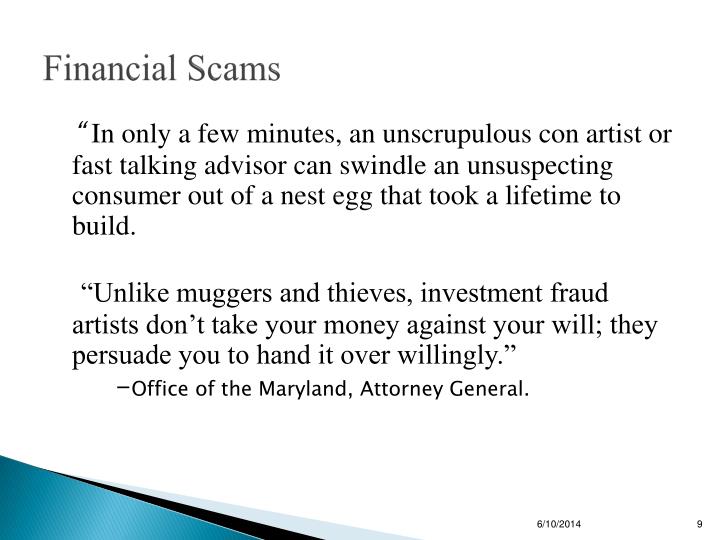Image source: http://www.csadeturnipseed.com/yahoo_site_admin/assets/images/SJDANZEjuly24DaHouse.19920539_std.jpg
How can one plan for the expected?
"First, envision your retirement lifestyle," Van Horn says. "Do you plan on traveling the world? Or will you stay close to home, volunteering and pursuing your hobbies? Or perhaps you'll even work part-time in some capacity."
Once investors know what their retirement might look like, they can put a "price tag" on it, even if it's only an estimate, she adds.
"Try to contribute as much as possible to your retirement accounts, such as your 401(k) and your IRA," Van Horn says. "Then, as you near retirement, you'll have to calculate how much you can withdraw from your portfolio each year without running out of money and determine if your spending habits are suitable for the amount of income you can count on from your retirement plans, Social Security and other sources."
The "unexpected" factors - those variables that will affect one's retirement costs and lifestyle - investors should consider include:
- Inflation - Over time, even a relatively mild inflation rate can decrease one's purchasing power and erode the value of investments, particularly the fixed-income ones.
- Market volatility - No one can really predict when the financial markets will move up or down, or how big these movements will be, but they will occur and could affect an unbalanced portfolio.
- Health care- As one gets older, health care costs almost certainly rise, but the size of this increase is difficult to forecast.
- Longevity - One doesn't know exactly how long he or she will live, but longevity will have a big impact on spending and investment decisions during retirement.
According to Diana, investors can position their portfolios for the expected and unexpected by achieving balance, specifically balancing the needs for growth and income.
"During your working years, you may need to focus more on growth-oriented investments, within the context of your individual risk tolerance, your time horizon and your specific goals," Van Horn said. "Even when you retire, youll need growth potential in your portfolio to cope with inflation and rising health care costs."
Retirees also have to think a lot more about their spending decisions, Diana says, so they will need a certain percentage of their portfolio devoted to income-oriented vehicles.
"Your Humble TX financial advisor can help you find the right balance in your investments, both before and during retirement," Van Horn says. "And along the way, you'll likely need to adjust your portfolio in response to changes in your life. But if you keep the big picture in mind by planning for the expected while preparing for the unexpected, you can work toward achieving the retirement that you've envisioned and that you deserve."
Edward Jones, a Fortune 500 company headquartered in St. Louis, provides financial services in the U.S. and, through its affiliate, in Canada. Every aspect of the firm's business, from the investments its financial advisors offer to the location of its branch offices, caters to individual investors. The firm's 15,000-plus financial advisors serve more than 7 million clients and care for $1 trillion in assets under management. For additional Humble TX financial advisor information, visit https://www.edwardjones.com/diana-vanhorn of call Diana Van Horn, CFP at (281) 812-7593.
CONTACT:
Diana Van Horn, CFP
Address: 20121 W Lake Houston Pkwy Suite 800, Humble, TX 77346
Phone: (281) 812-7593
Website: https://www.edwardjones.com/diana-vanhorn
